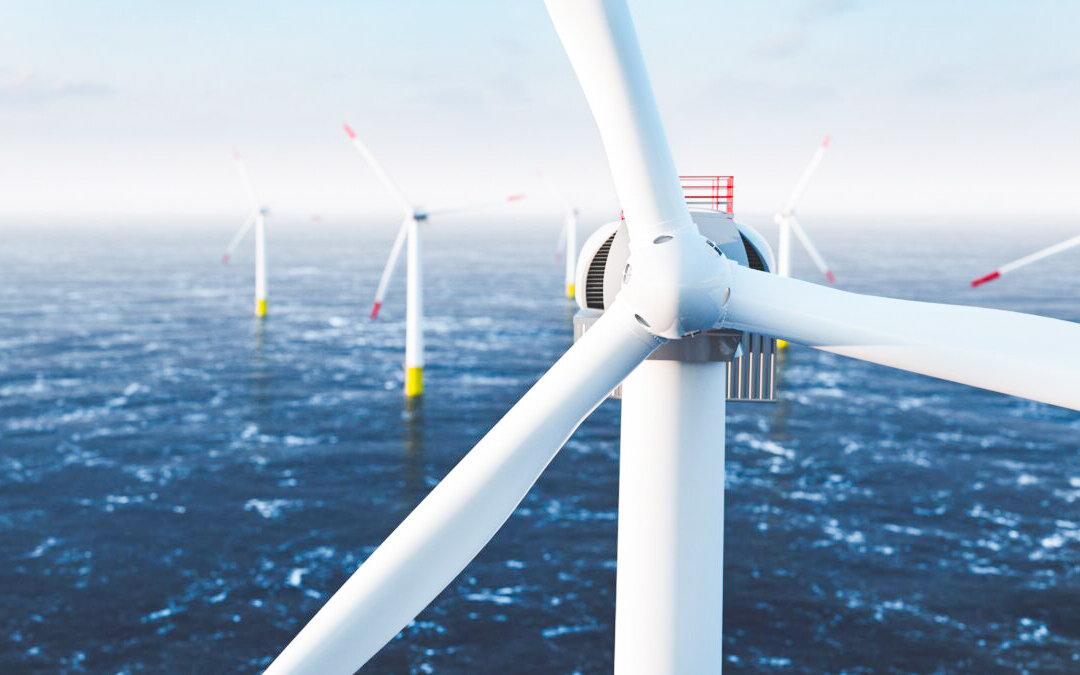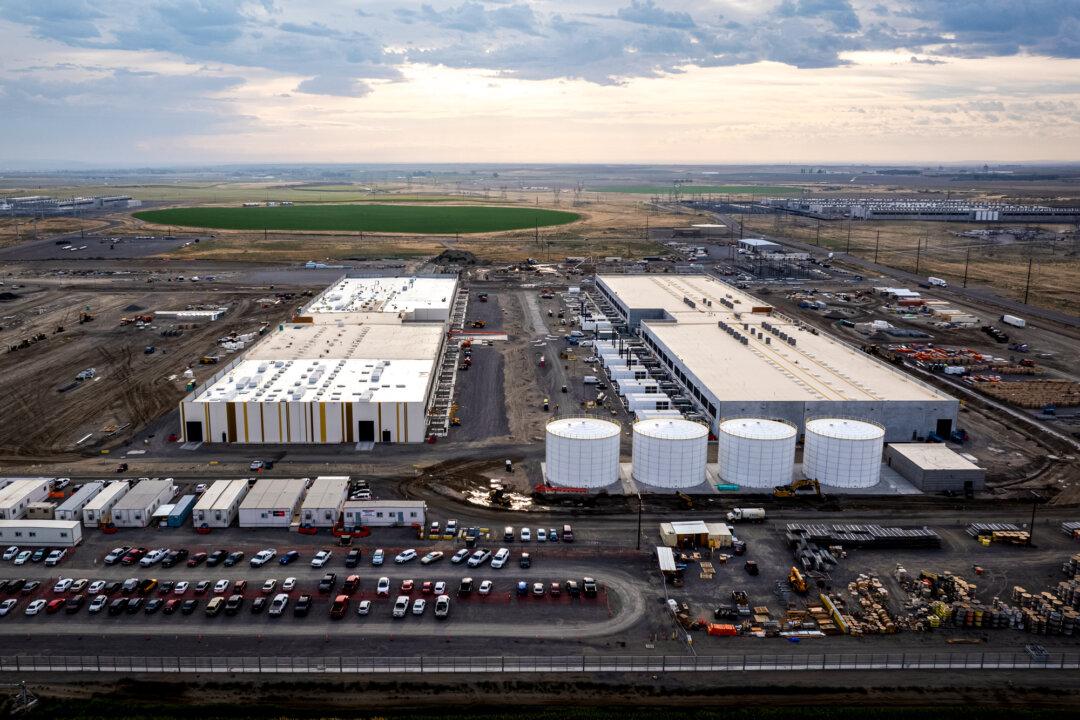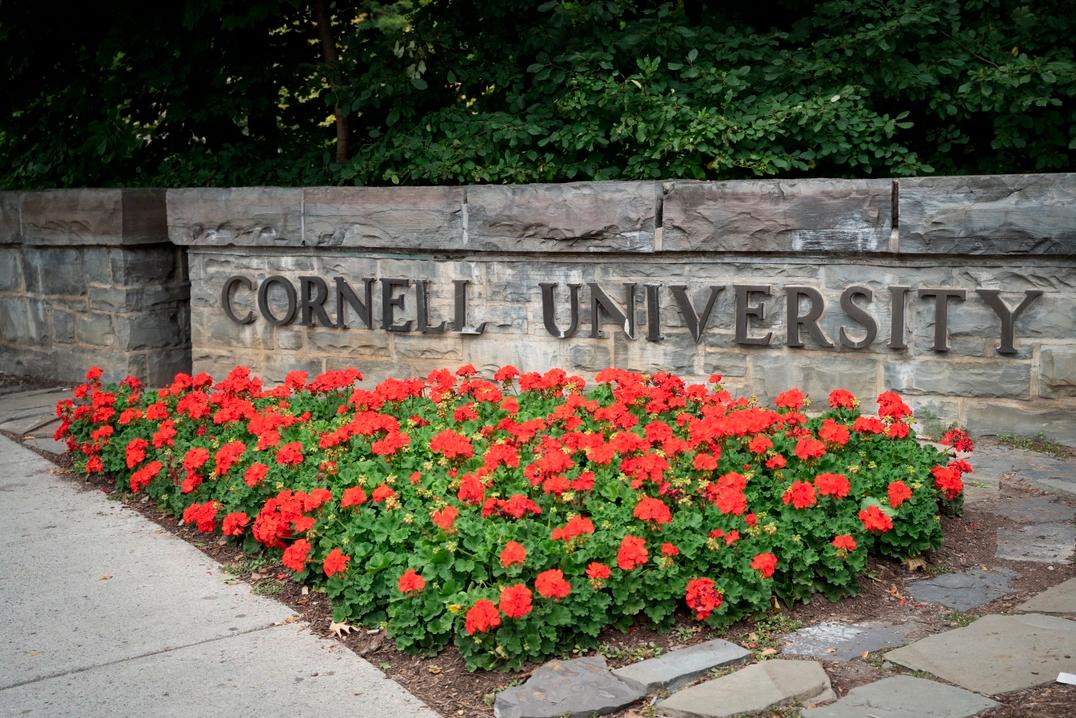Following a 60-day public comment period, the Bureau of Ocean Energy Management (BOEM) on Feb. 12 announced two Wind Energy Areas (WEAs) to develop floating offshore wind farms off the southern Oregon coast.
The two areas would cover roughly 195,000 acres and have the combined capacity to produce 2.4 gigawatts of energy, the agency said. That’s enough to power about 800,000 homes.
The announcement comes in the wake of massive wind project cancellations along the Eastern Seaboard and as Danish wind energy giant Orsted scales back its floating offshore wind development activities, acknowledging that the technology is not yet ready for prime time. It also comes despite strong opposition from tribal communities, the fishing industry, and various coastal constituents.
Oregon’s Democrat governor celebrated BOEM’s decision.
“Offshore wind is likely to play an important role in meeting our state’s growing energy demand and goal of 100 percent renewable energy by 2040,” said Gov. Tina Kotek in a press release. “It also presents a significant economic development opportunity for the Oregon coast.”
BOEM Director Elizabeth Klein boasted about the agency’s public engagement process.
“The WEAs were developed following extensive engagement and feedback from the state, tribes, local residents, ocean users, federal government partners, and other members of the public,” Ms. Klein wrote in a public statement. “The final WEAs are based on reducing potential conflicts of ocean users, particularly on commercial fishing.”
Her statement drew scathing criticism from the Oregon fishing industry.
Coastal Community Pushback
“This is a slap in the face to the many stakeholders who have been trying to engage with BOEM for the last few years,” said Heather Mann, executive director of the Midwater Trawlers Cooperative. “The final wind energy areas are slightly different from the draft wind energy areas produced earlier this year, but certainly not an acceptable or meaningful response to the many concerns, including those raised by tribes, fishermen, marine scientists, environmentalists, and state and federal legislators,” Ms. Mann wrote to The Epoch Times. In a letter to BOEM, Oregon’s Coastal Caucus also expressed its concerns about the agency’s decision.
“Coastal community members and individuals tied to the fishing industry have overwhelmingly spoken with great opposition towards offshore wind,” the caucus members wrote.
“These concerns have been echoed by marine scientists, engineers, environmentalists, tribes, and coastal municipalities. We cannot move forward with offshore wind in Oregon until the needs and concerns of these groups have been addressed.”
Ms. Mann expressed her concern about the impact of offshore wind on sustainable food production.
“The final wind energy areas are in prime fishing grounds where millions of pounds of sustainable seafood have been harvested,” she said. The areas are prime habitat for marine mammals and include nursery grounds for important fish species. BOEM is pitting renewable energy against sustainable food production.”
Fourth-generation Oregon fisherman Chris Cooper was caught off guard by the announcement, saying he was “shocked and angry.”
Mr. Cooper’s fishing boats have plied the waters off southern Oregon for years.
“We gave BOEM our track lines for where we fish, and I guess they have decided that our businesses and livelihoods are worth trading off to create gigantic wind farms,” he wrote.
“We will not be able to fish in these areas and we have no idea what the impact of these installations will be on the fish species found in there.”





